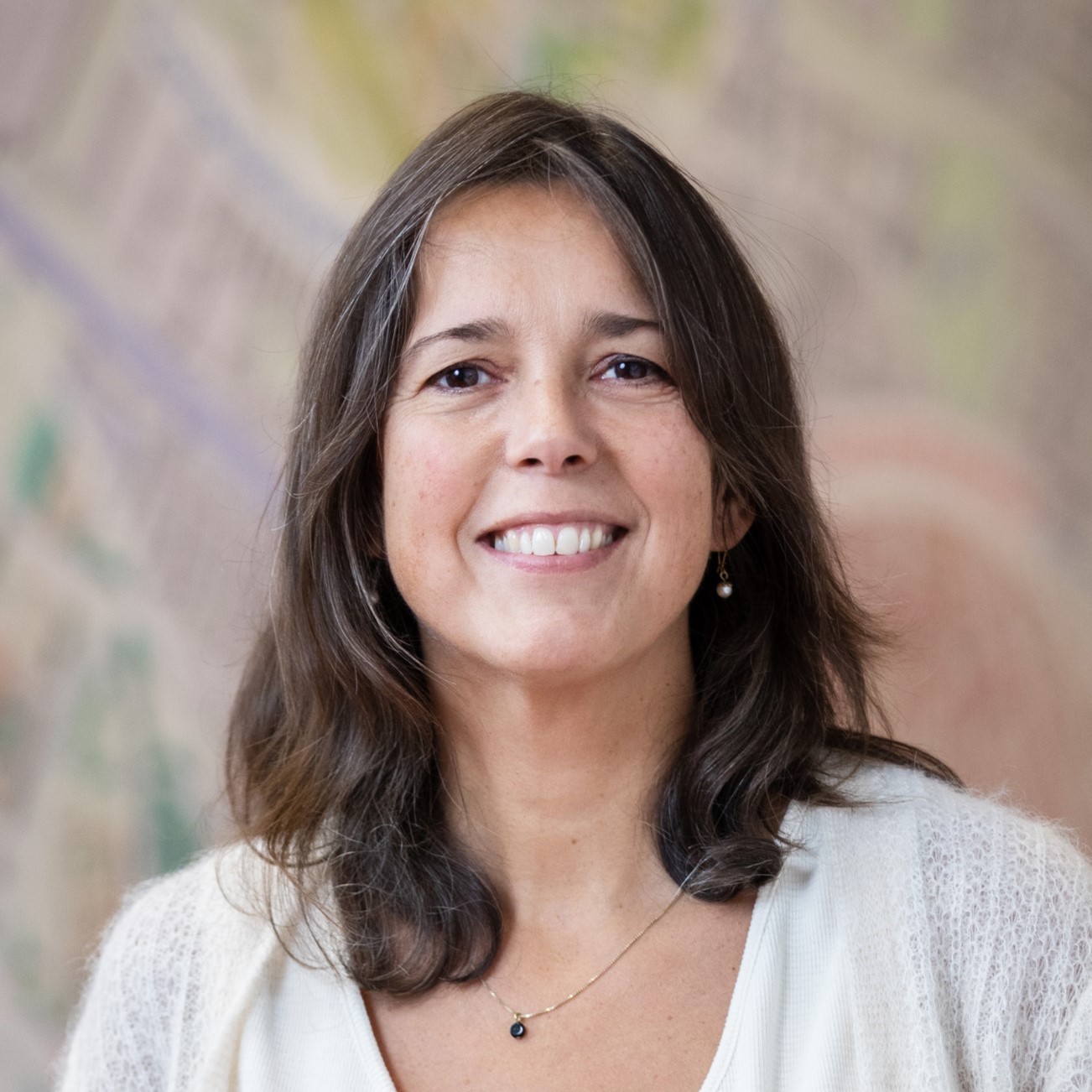Scales to Aspects Interdisciplinary Encounters
Deciding for circularity: a multi-dimensional affair
Professor Ellen van Bueren is head of the chair of Urban Development Management at the TU Delft Faculty of Architecture and the Built Environment. In this video, she discusses how important it is to determine the appropriate scale for policy-making.
Main Takeways
- The concept of circularity has enormous bridging power, but its operationalization is challenging and might sometimes lead to not acting.
- On the state level, policy makers are using heuristic guidelines such as the R strategies to formulate their ambitions. However, applying the R-ladder beyond the component scale is not straightforward.
- Making decisions requires defining a context and unpacking the multiple dimensions of that context. There is always risk that the spatial scales might overlap and/or that they are not in line with the administrative scales. Or that these dimensions don’t develop at the same speed. In any case, the circular built environment will always call for multi-actor decision-making.
- Pilot projects offer the possibility to try out different approaches whilst minimizing undesired implications.
Further Reading
- Ancapi, F. B., Van den Berghe, K., & van Bueren, E. (2022). The circular built environment toolbox: A systematic literature review of policy instruments. Journal of Cleaner Production, 133918.
- Kooter, E., Uden, M. V., Marrewijk, A. V., Wamelink, H., Bueren, E. V., & Heurkens, E. (2021). Sustainability transition through dynamics of circular construction projects. Sustainability, 13(21), 12101.
- Tukker, A., van Bueren, E., van Raak, R., & Spork, C. (2016). Towards a Circular Products Initiative in the EU, Report of the Leiden-Delft-Erasmus Centre for Sustainability.
- Van Bueren, E., Van Bohemen, H., Itard, L., & Visscher, H. (2012). Sustainable urban environments. An Ecosystems Approach. Dordrecht: Springer.
- Van Bueren, E. M., Klijn, E. H., & Koppenjan, J. F. (2003). Dealing with wicked problems in networks: Analyzing an environmental debate from a network perspective. Journal of public administration research and theory, 13(2), 193-212.
- Van Bueren, E. M., & Priemus, H. (2002). Institutional barriers to sustainable construction. Environment and Planning B: Planning and Design, 29(1), 75-86.
